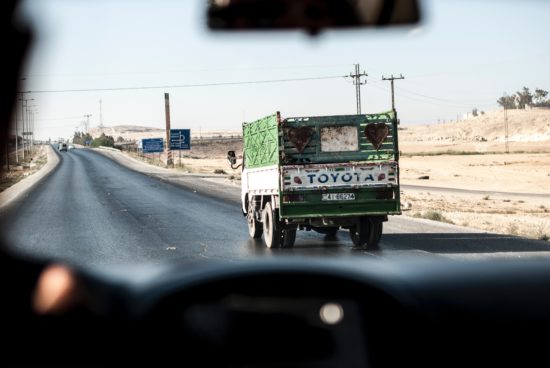The Syrian Attack
On April 4th the Syrian city of Khan Sheikhun was struck by what has now been confirmed as a chemical attack. Thus far it has claimed the lives of 72 civilians which includes a dozen children and up to 300 others were affected or injured.
There are mixed reports about who conducted the attack and what the chemical was that terrorized this town. The US and Allies are blaming Assad, the Syrian President, who has been locked in a civil war. Assad, backed by Russia, is claiming that the Russians and Assad’s regime destroyed an al-Qaeda chemical stockpile on the outskirts of the city which caused these civilian causalities. This version has been regarded as “fanciful” by those with knowledge of nerve agents and say that chemical agents would have been destroyed if a stockpile had been hit. Both sides do confirm that there were planes over the city and reports from the ground say that they heard a “thump” or “thud” sound, unlike normal explosive bombs, which are common in the region.
The Organization for the Prohibition of Chemical Weapons (OPCW) and the World Health Organization (WHO) are jointly conducting postmortems to establish cause and to determine the exact type of nerve agent(s) used. Preliminary reports confirm that it was a nerve agent based chemical attack, presumably Sarin gas, but this has not been confirmed by either organization.
The evening of Thursday, April 6th, the United States issued a reply to the Syrian Army in the form of an airstrike, ordered by President Trump, against the Syrian Shayrat Airfield near Homs. The United States used 59 Tomahawk missiles, of which 58 hit their intended target, 1 failed. Navy Captain Jeff Davis through official capacity as a Department of Defense spokesperson said that the airfield was significantly damaged and now limited the Syrian Army from conducting more chemical attacks from that airfield. Rex Tillerson, the Secretary of State, for the US was quoted in saying “We feel that the strike itself was proportional, because it was targeted at the facility that delivered this most recent chemical weapons attack” while accompanying President Trump in the State of Florida for a meeting with China’s President.
Syria has contested the attack saying that it broke international codes of war by using preemptive strikes without having the facts. Assad, in the same speech, likened the US to ISIS and claimed the US was a supporter for having struck the Syrian Army. Assad also mentioned there were 6 deaths, but none were civilians. Russia contested the claim that the strike was effective and suggested that less than 25 of the missiles hit their mark. Moscow also has said that relations have now been further strained with the US.
Captain Jeff Davis also stated that “Russian forces were notified in advance of the strike using the established deconfliction line.”, which gave Russian and Syrian troops time to leave the area. Russia has since suspended its deconfliction agreement with the US, originally created to share intelligence about air traffic to avoid collisions over Syrian airspace. Russia is also presumed to be reinforcing the Syrian air defense systems after the system sustained significant losses due to the civil war.
We advise avoiding war torn areas, especially those embattled in civil wars, but understand that many humanitarians are flocking to these locations. If you find yourself experiencing symptoms of a chemical agent, remove yourselves from the area immediately, and seek medical attention. Also, be aware of your surroundings when traveling, some chemical attacks have occurred in public spaces using aerosol spray cans, grenades, and other make-shift devices.
Matthew Evans
Global Protection Specialist
Global Strategies, Inc.

